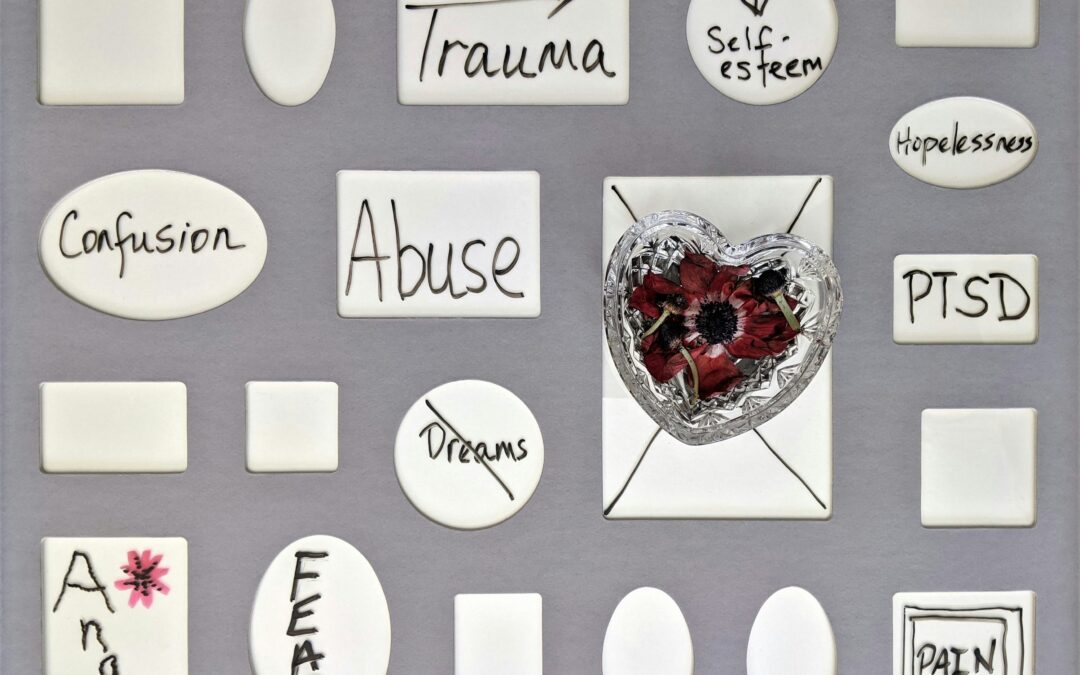or… Post-Traumatic Stress “Reaction” (PTSR)
“The anger, the rage, the hurt, and the cold loneliness that separates you from your family, friends, and society’s normal daily routine are so powerful that the option of destroying yourself is both real and attractive….It appears, it grows, it invades and it overpowers you….You cannot put these things behind you…And the more people advise you to do so, the more you get mad because you know these things will not disappear. Time does not help,” (from Lt-Gen. Dallaire; Davison, Neale, Blankstein & Flett, 2002, p. 197).
Post-Traumatic Stress Disorder (PTSD) is commonly known to be experienced by those who have fought in wars and experienced combat stress; however, it may also occur to individuals exposed to prolonged abuse, trauma, and victimization at home, school, work and in other social situations. Personal tragedy, natural disasters, or overwhelming life experiences also contribute to suffering and potentially being diagnosed with PTSD. The term “reaction” has been used increasingly over more recent years with symptoms following after trauma.
When we are exposed to difficult situations, it can sometimes feel unbearable to cope with. Excessive memory loss, increased doubt and insecurity, thoughts that bad things are inevitable, trouble sleeping and eating are just a few symptoms of excessive stress. At times, our family and friends may develop unrealistic expectations that we are “strong enough” to overcome life’s challenges. This may inhibit sufferers of PTSD from seeking help and being able to move forward. Living with untreated or under-treated PTSD, people may subsequently, over time, “experience problems with anxiety, depression, anger, guilt, substance abuse (as a means of self-medicating), marital problems, poor physical health, and occupational impairment” (Blankstein, et al.).
Feeling stuck in this dark place, as Lt-Gen. Dallaire describes above, can make us feel like there is no way out. We may be reliving traumatic experiences on a daily basis and not realize that there are ways to overcome the situation differently—ways to cope, ways to feel loved and supported (not shameful or guilty).
One-to-one therapy can help address the specific needs of an individual with PTSD. Group therapy may create a space of support for those also suffering with PTSD; being in the “same boat” with others who are able to relate to similar symptoms and experiences. Together, both individual counselling and support groups can help individuals overcome the symptoms and impact of severe trauma and regain a positive perspective on life. Call us today for an appointment and additional resources to assist you.

Recent Comments